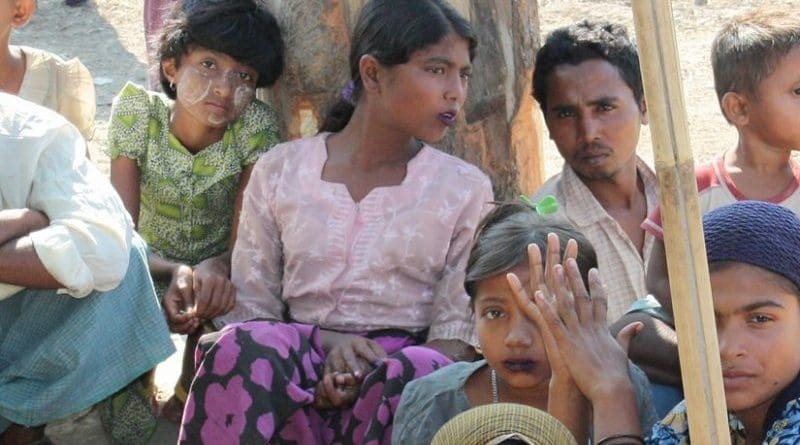UK’s Role In Myanmar-Bangladesh’s Rohingya Crisis Solution – OpEd
Foreign Minister AK Abdul Momen on Sunday urged the international community, including the UK to play a more decisive role in ensuring the voluntary, safe and sustainable repatriation of the forcibly displaced Rohingyas, temporarily sheltered in Bangladesh, to their homeland in Myanmar at an early date. Momen made the call as UK Minister of State for Indo-Pacific Anne-Marie Trevelyan met him at the foreign ministry.
Bangladesh wants to resolve the Rohingya crisis through peaceful negotiation and the country expects similar reciprocity from Myanmar and international community. We have done the best we can to ensure Rohingya repatriation through peaceful negotiation but nothing has gone in our favor so far. It seems we are paying the price for showing empathy to a persecuted minority population of a neighbouring country.
Over the last five years, displaced Rohingyas have appeared as a serious burden on the economy and environment of Bangladesh. Bangladesh has been hosting over 1.2 million forcefully displaced Rohingyas in Cox’s Bazar district since August 25 in 2017, and most of them arrived there after a military crackdown by Myanmar, which the UN called a “textbook example of ethnic cleansing”. Both countries signed a repatriation agreement on November 23, 2017,. But five years on, even a single Rohingya have not returned to their motherland in fear of being persecuted upon their return. It needs no emphasising that voluntary repatriation of the Rohingyas is the most viable and durable solution to the crisis. However, it is worth mentioning that repatriation attempt failed twice in November 2018 and August 2019 amid Rohingyas’ lack of trust in the Myanmar government.
In order to make voluntary repatriations happen, Myanmar has to ensure that Rohingya refugees will not be persecuted upon their return. To this end, the international community and UN should exert their influence on Myanmar to create a conducive environment so that the Rohingya refugees can return to their homeland with safety, security and dignity. We expect a more vigorous role of the international community on the diplomatic front to compel Myanmar to take back forcibly displaced Rohingyas.
It is alleged that Rohingya camps in Cox’s Bazar have turned into hotbeds of crime. According to media reports, criminal gangs, active in the camps, often lock into bloody confrontations over control of markets, Yaba smuggling, and human trafficking. Also, Rohingyas have been engaged in serious confrontations with locals over supremacy of drug smuggling. The authorities concerned should take necessary measures to beef up security as much as possible and catch the perpetrators especially the gangs that are carrying out criminal activities.

